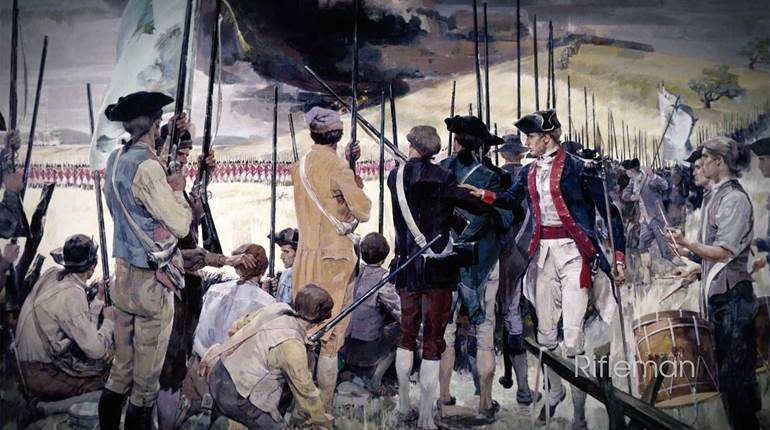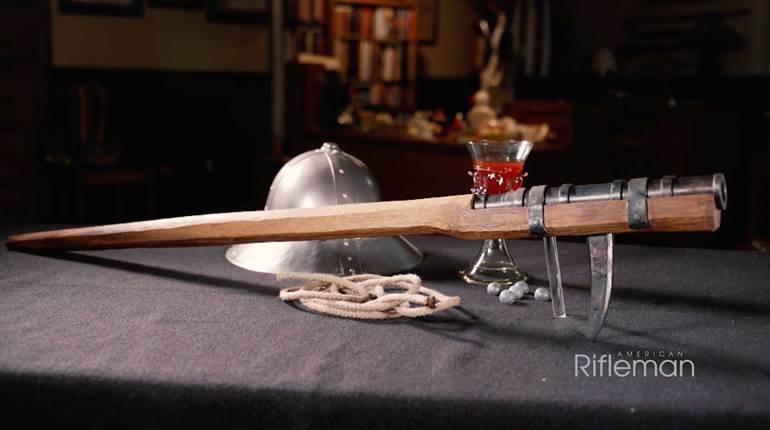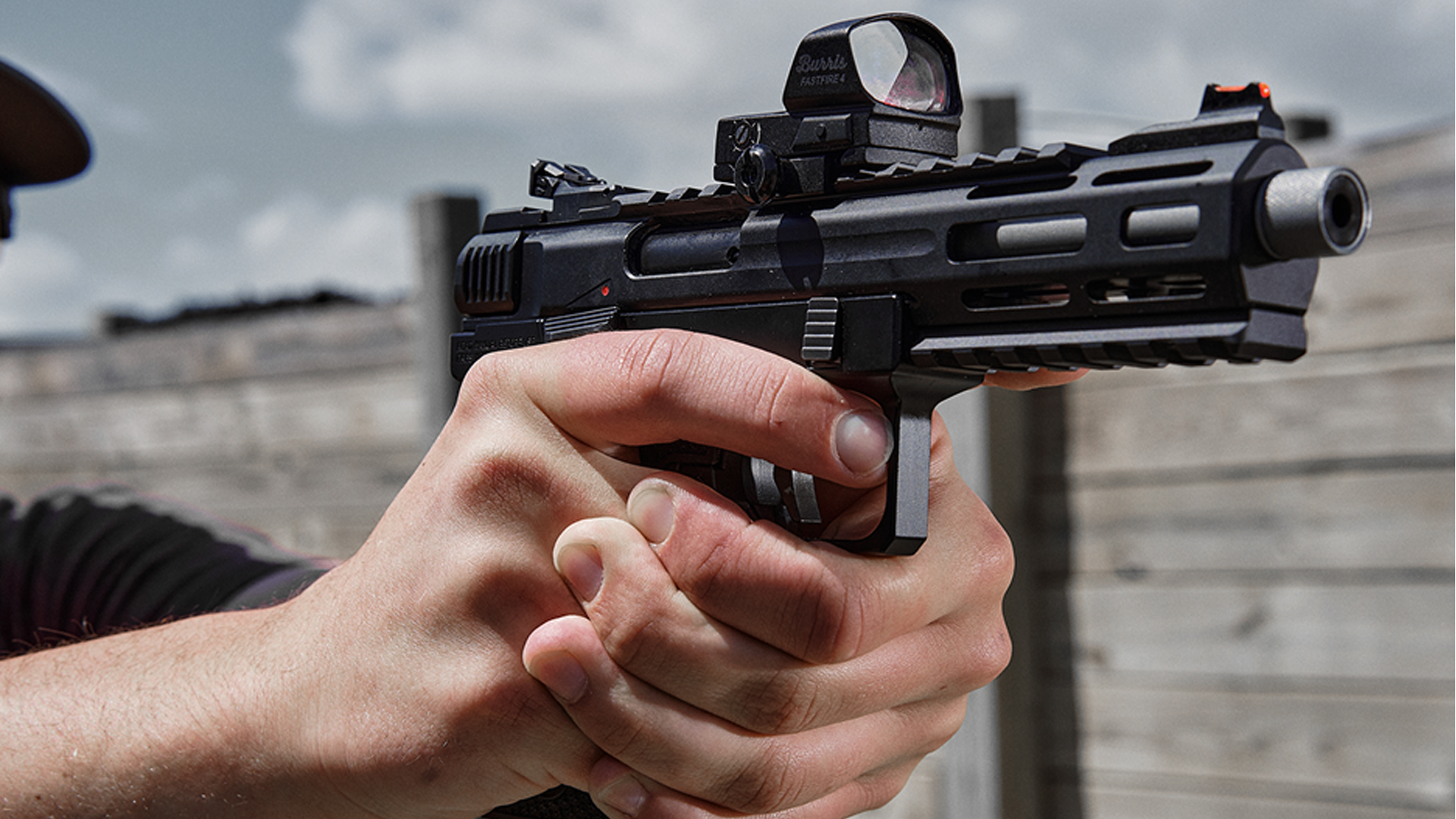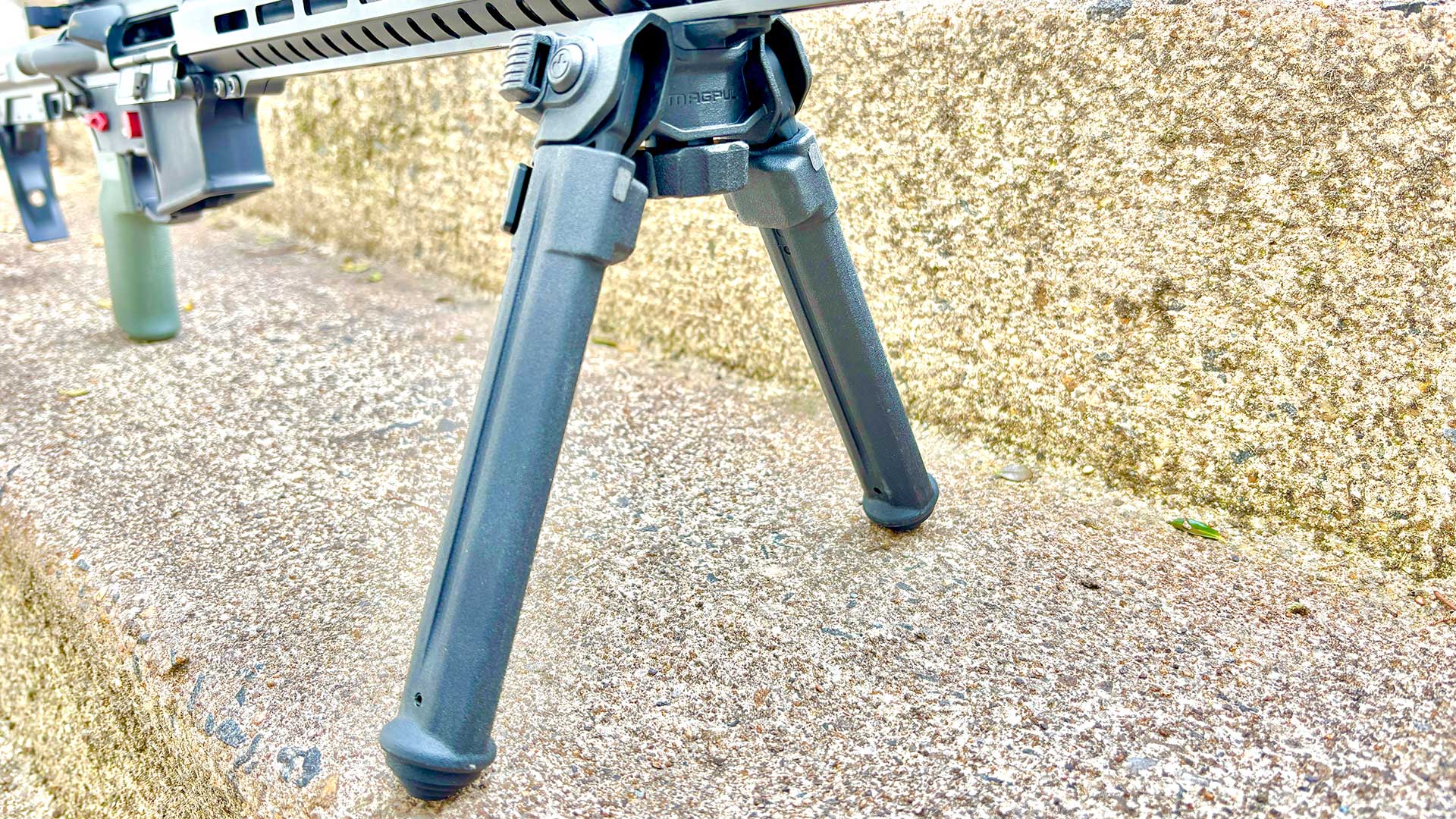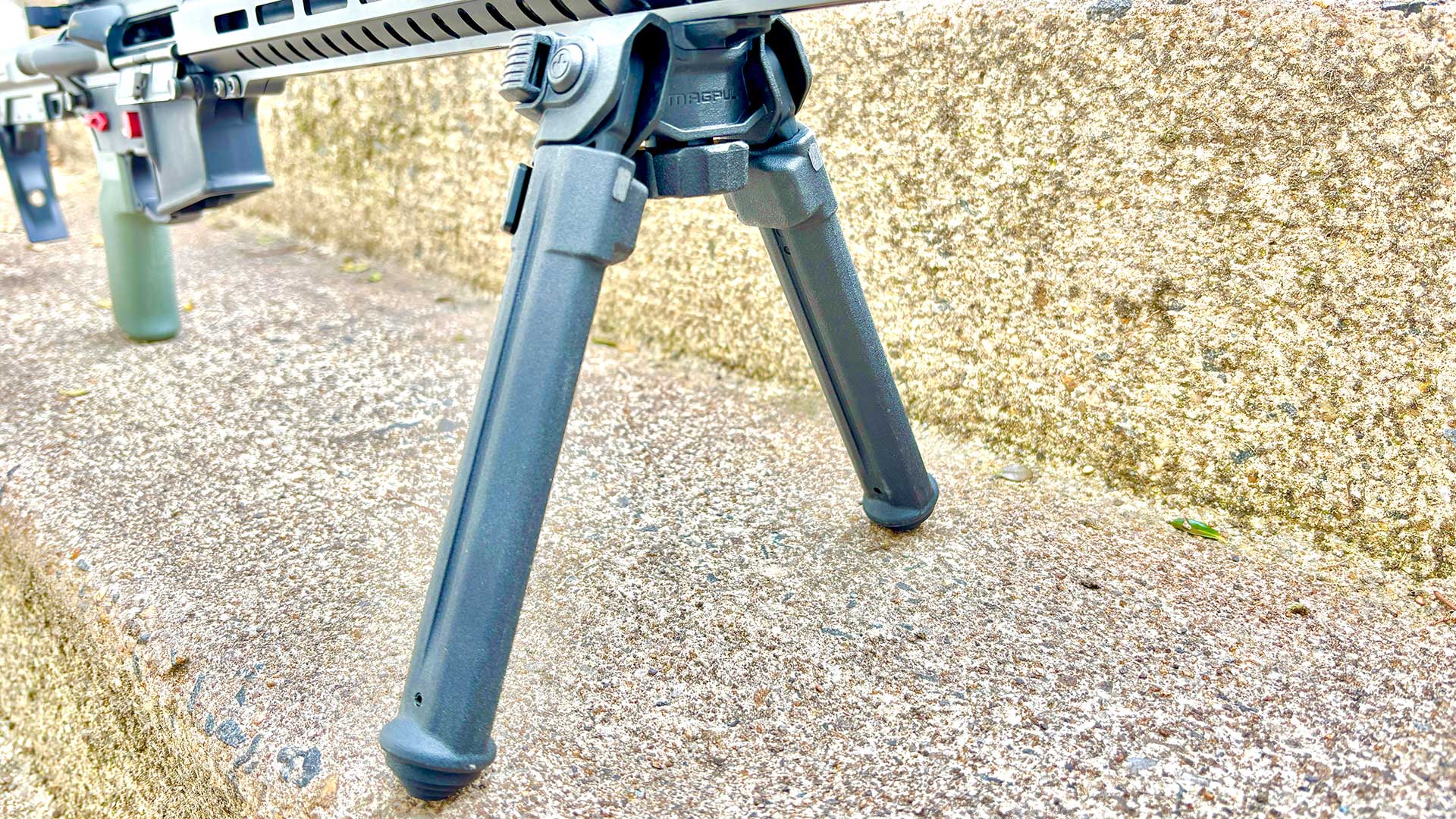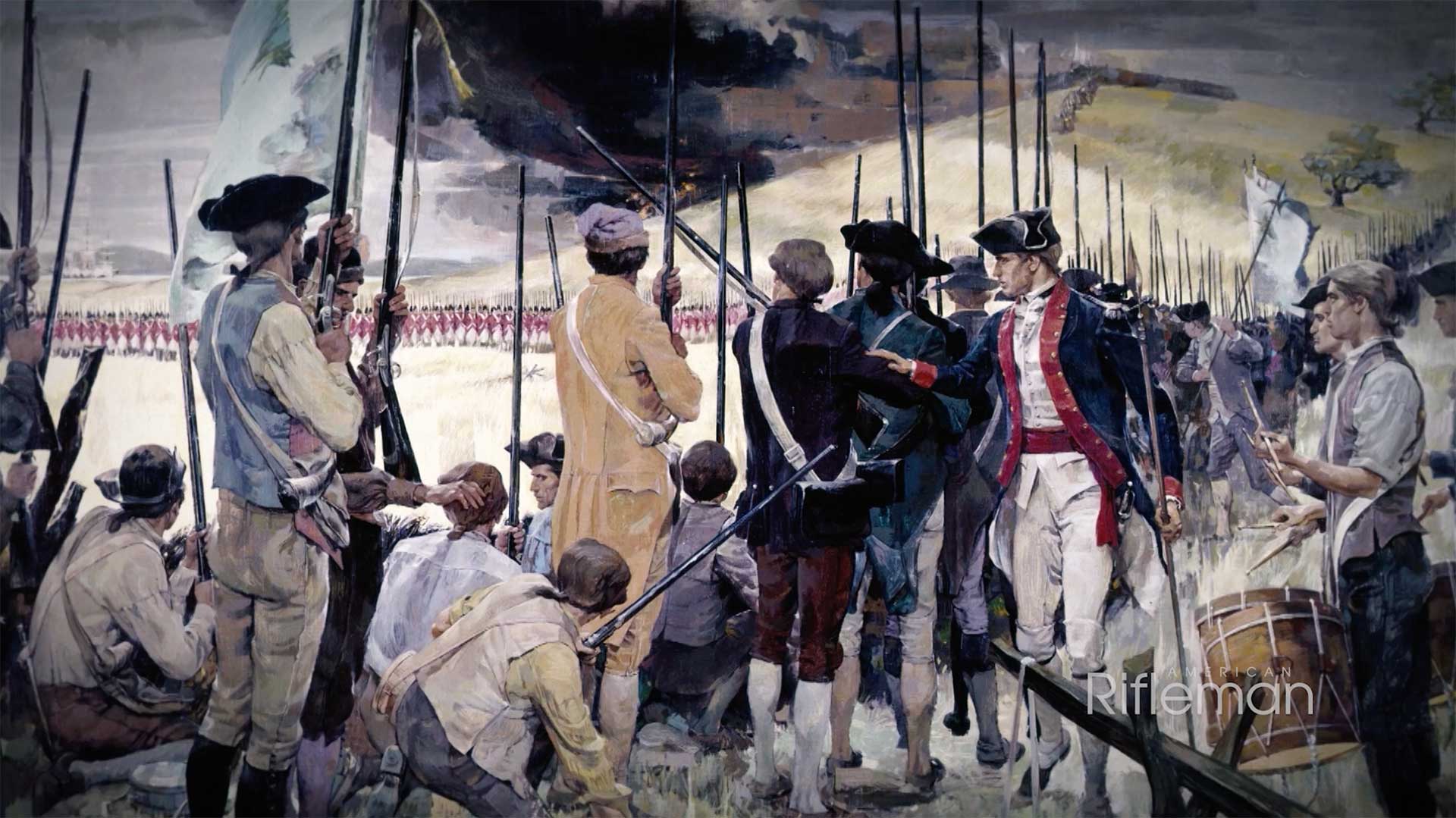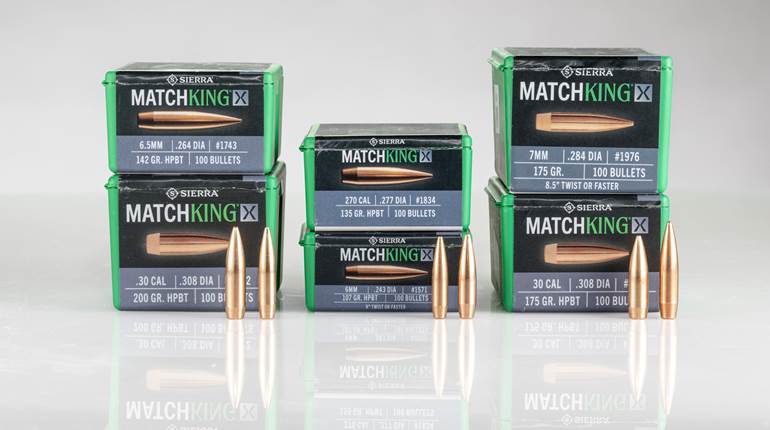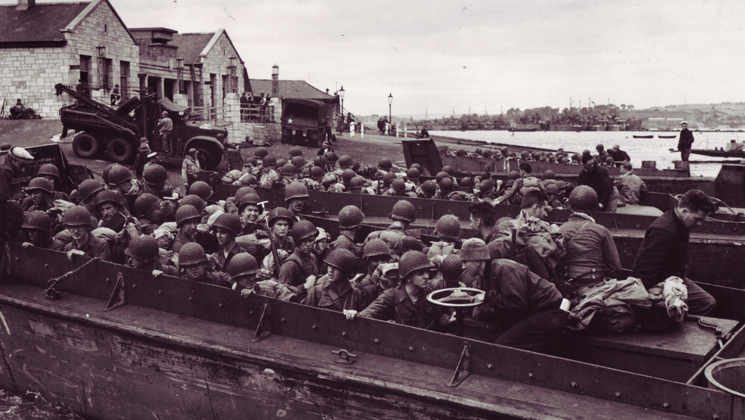
“Soldiers, Sailors, and Airmen of the Allied Expeditionary Force!
“You are about to embark upon the Great Crusade, toward which we have striven these many months. The eyes of the world are upon you. The hope and prayers of liberty-loving people everywhere march with you. In company with our brave Allies and brothers-in-arms on other Fronts, you will bring about the destruction of the German war machine, the elimination of Nazi tyranny over the oppressed peoples of Europe, and security for ourselves in a free world. “Your task will not be an easy one. Your enemy is will trained, well equipped and battle-hardened. He will fight savagely.
“Your task will not be an easy one. Your enemy is will trained, well equipped and battle-hardened. He will fight savagely.
“But this is the year 1944! Much has happened since the Nazi triumphs of 1940-41. The United Nations have inflicted upon the Germans great defeats, in open battle, man-to-man. Our air offensive has seriously reduced their strength in the air and their capacity to wage war on the ground. Our Home Fronts have given us an overwhelming superiority in weapons and munitions of war, and placed at our disposal great reserves of trained fighting men. The tide has turned! The free men of the world are marching together to Victory!
“I have full confidence in your courage, devotion to duty and skill in battle. We will accept nothing less than full Victory!
“Good luck! And let us beseech the blessing of Almighty God upon this great and noble undertaking.”
Those words were the Order of the Day for June 6, 1944, from the Supreme Commander of Allied Expeditionary Forces, General Dwight David Eisenhower, later President of the United States, and a proud Life member of the National Rifle Association.
But General Eisenhower composed another message, one that thankfully was never sent.
“Our landings in the Cherbourg-Le Havre area have failed to gain a satisfactory foothold and I have withdrawn the troops. My decision to attack at this time and place was based upon the best information available. The troops, the air and the Navy did all that bravery and devotion to duty could do. If any blame or fault attaches to the attempt, it is mine alone.”
Thanks to the courage, bravery, sacrifice and blood of the 156,000 allied soldiers that went ashore on June 6, 1944, that message, drafted the night of June 5, was never sent.
As distinguished historian Stephen E. Ambrose, who dedicated much of his life’s work and efforts preserving the memory of the men of D-Day-—one of the most important days in the history of Freedom and the world—wrote in The Victors:
“But for all that American industrial brawn and organizational ability could do, for all that the British and Canadians and other allies could contribute, for all the plans and preparations, for all the brilliance of the deception scheme, for all the inspired leadership, in the end the success or failure of Operation Overlord came down to privates and seamen in the American, British and Canadian armies, Navies Air forces and coast guards.”
And succeed they did. Indeed, it is to the memory of those young men of June 6, 1944—their courage and sacrifice—that we need to remember this day, 74 years after they waded ashore, through mines and gunfire, blood and fear to liberate the people of Europe.
And American Rifleman’s war correspondent Bill Shadel was there. You can read his letter to NRA members written on June, 12, 1944, as well as his report on the fighting in the Hedgerows of Normandy that soon followed. And next week American Rifleman is going back to film a series of episodes to air next year on the Outdoor Channel in honor of the 75th anniversary of D-Day.
As Ambrose once said, D-Day and the fight for Normandy were a battle between boys raised on “baseball and the boy scouts” versus those indoctrinated by fascism of the Hitler youth. By the end of the day, those young men representing freedom and the ideals of Western democracy, one eight-round clip from an M1 Garand rifle or one Bren magazine at a time, had taken the first steps in the liberation of mainland Europe, and sealed the fate of one the world’s greatest evils. There were many hard battles and casualties to come, but the opening of the Second Front was the beginning of the end of Hitler’s despicable regime.
President Eisenhower returned to Omaha Beach in on June 6, 1964—D-Plus 20 years:
“But it’s a wonderful thing to remember what those fellows twenty years ago were fighting for and sacrificing for … what they did was preserve our way of life. Not to conquer any territory, not for any ambitions of our own. But to make sure Hitler could not destroy freedom in the world.”













